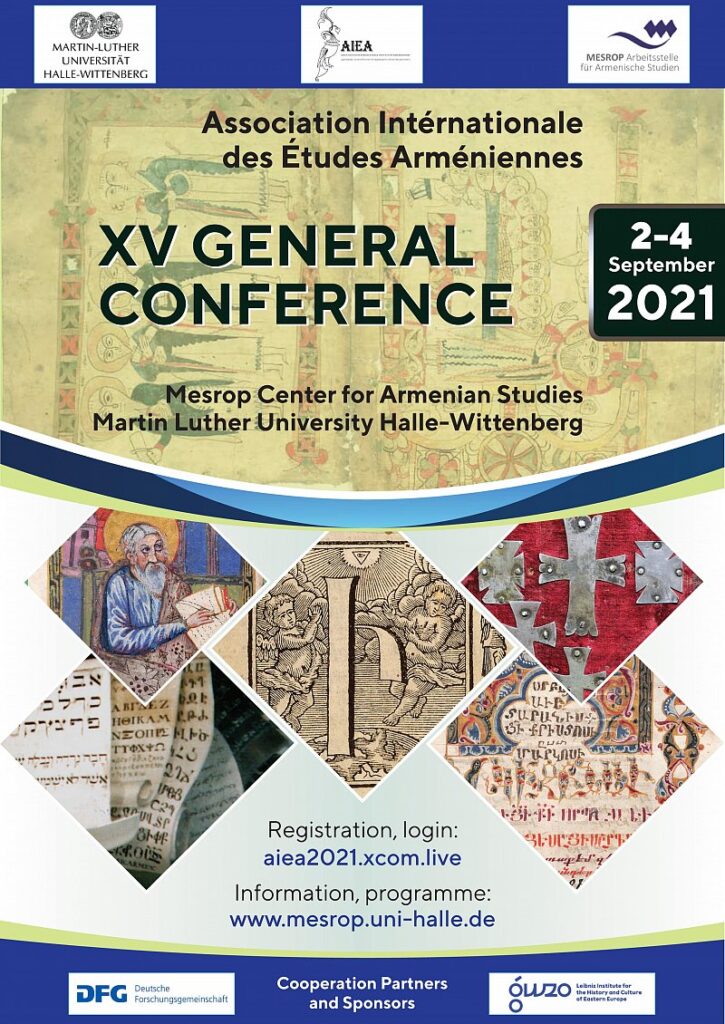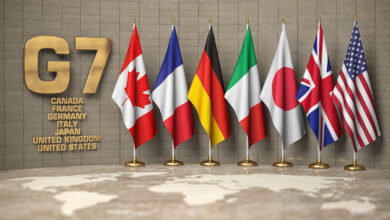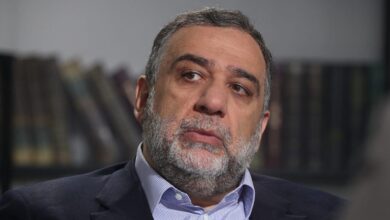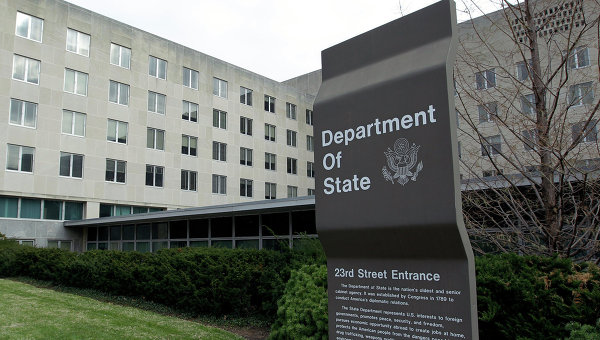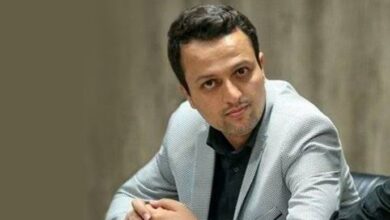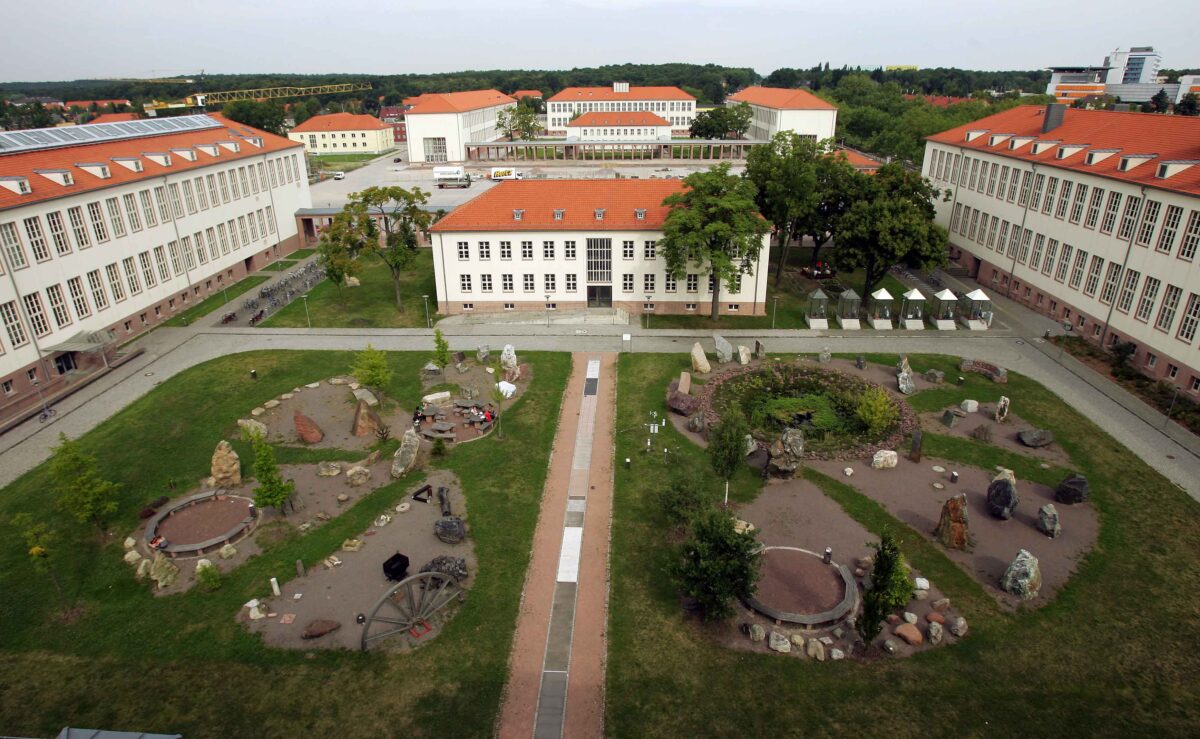
The 15th General Conference of the International Association for Armenian Studies was held at the Martin Luther University in Halle-Wittenberg, Germany, September 2-4. It was held in digital format this year due to the restrictions caused by epidemic situation, but this did not in any way hinder the involvement and unprecedented activity of a large number of participants.
During three days, about 100 representatives from 20 countries, including prominent professors and scholars, discussed current issues and challenges in various fields of Armenology. On the first day of the conference, the participants were greeted by AIEA President Valentina Calzolari, the Vice-President of the Saxony-Anhalt Parliament Wolf Gallert, Director of the Leibniz Institute for the History and Culture of Eastern Europe/GWZO Christian Lubke (Leipzig), RA Ambassador to Germany Ashot Smbatyan, the Head of the MESROP Center for Armenian Studies, member of AIEA Scientific Organizing Committee Prof.Dr. Armenuhi Drost-Abgarjan (Halle).
In his speech, the RA Ambassador made a special reference to the wide geography of the conference organizers and participants, by emphasizing in this context the specifications and significance of establishing a dialogue and enhancing cooperation between states and peoples through science and culture. He, particularly, stressed the valuable activity of the “Mesrop” Center for Armenology and its long-term contribution in the development of Armenology abroad. The Head of the Center, Prof. Dr Armenuhi Drost-Abgaryan, in her turn, considered as not only a great honour to be the 15th host of the General Conference, but also a great gift on the eve of the birthday of the “Mesrop” Center for Armenian Studies, which is celebrated each year on September 6th. In her speech, Ms. Abgaryan stressed that despite the existing obstacles due to the current epidemic situation in the world, the conference is committed to the path it has taken and determined to pursue essential researches in the field of Armenology and facilitate the scholarly exchange.
This year the AIEA Jubilee Conference poster and cover of the programme booklet were symbolically embellished by the Artsakh Gospels from the 12th century, the oldest Armenian manuscript in Germany, which is kept in Halle.
During the three-day sessions and lectures of the conference, Armenian and foreign scholars, leading specialists and experts in the field have made a thematic references to the modern history of the Soviet and post-Soviet period, examination of valuable works of Armenian medieval literature and folklore, were raised the issues related to the history of law, political science and intercultural relations . During the 3 plenary sessions the keynote lectures were given by Vahan Ter-Ghevondian (Yerevan) on theedition series of the Matenadaran: Yesterday, Today, Tomorrow, Vahe Tashchyan (Berlin) with his observations on the Armenian history of the Ottoman period and the preservation issues of the Armenian cultural heritage, Christina Maranci(Boston) on new evidence for wall paintings in Armenian churches, and during the 20 parallel sessions, more than 90 participants had performances on Armenology, inter alia, Michael Stone and Yana Tchekhanovets(Jerusalem) with new discoveries ofArmenian inscriptions and archaeology of the Holy Land, Rubina Peroomian (Los Angeles) on the Stalin’s reign of terror in Armenia and Genocide survivors’memoirs as testimony, and so forth.
In addition, it should be noted, that the study of Armenian culture took root in Germany during the epoch of Reformation, Pietism and Enlightenment, furthermore, the Armenian language became an integral part of the educational program of the Francke Foundations in Halle. This tradition is rooted in the modern era, as well, and since 2010, Armenology is part of the curriculum at the Martin Luther University Halle-Wittenberg which is unique in Germany, together with the “Mesrop” Center for Armenian Studies. Since 2021, a cooperation agreement exists between the “Mesrop” Centre for Armenian Studies and the Leibniz Institute for the History and Culture of Eastern Europe (GWZO). The aim is to strengthen Armenian Studies in Central Germany in the long term. The collaboration between the two academic institutions focuses on a mutual exchange of experience between the two cooperation partners, the organisation of joint academic events, as well as ,publications in the field of Armenology. For the future, an institutional consolidation of the relevant research infrastructure in Central Germany is planned.


